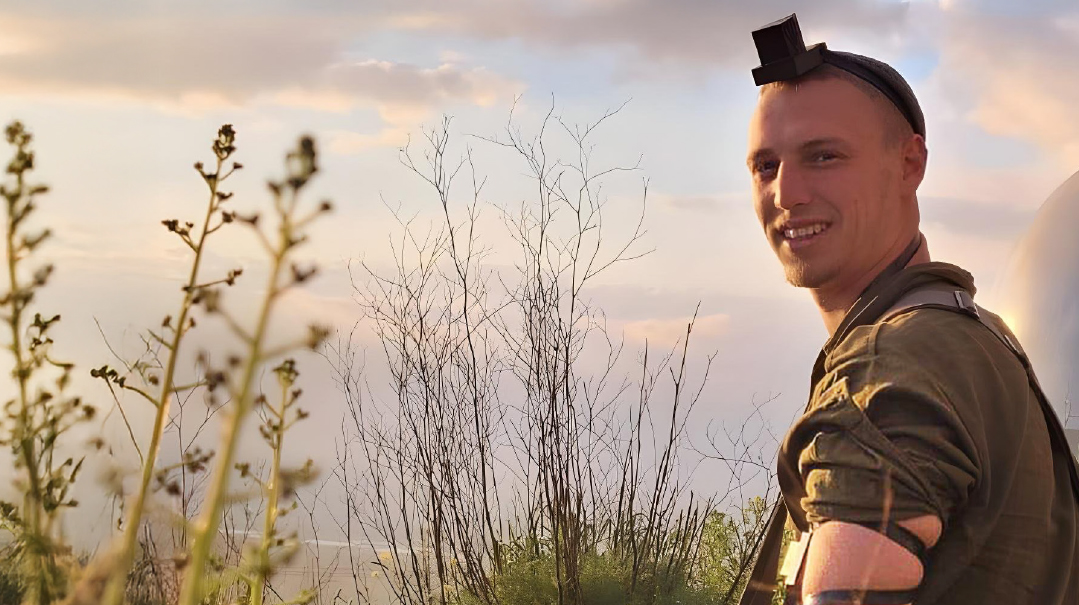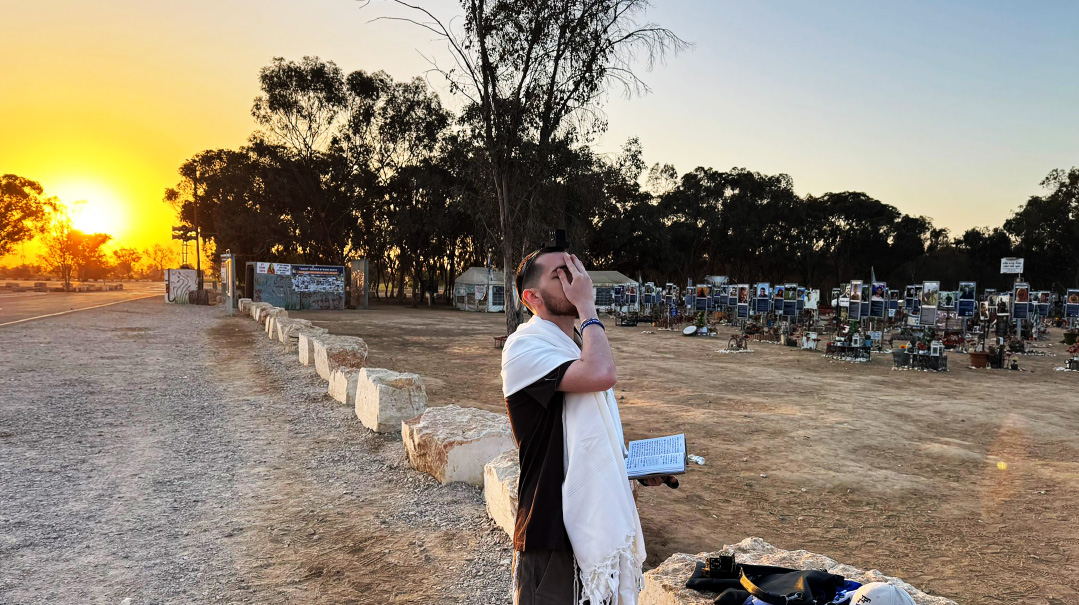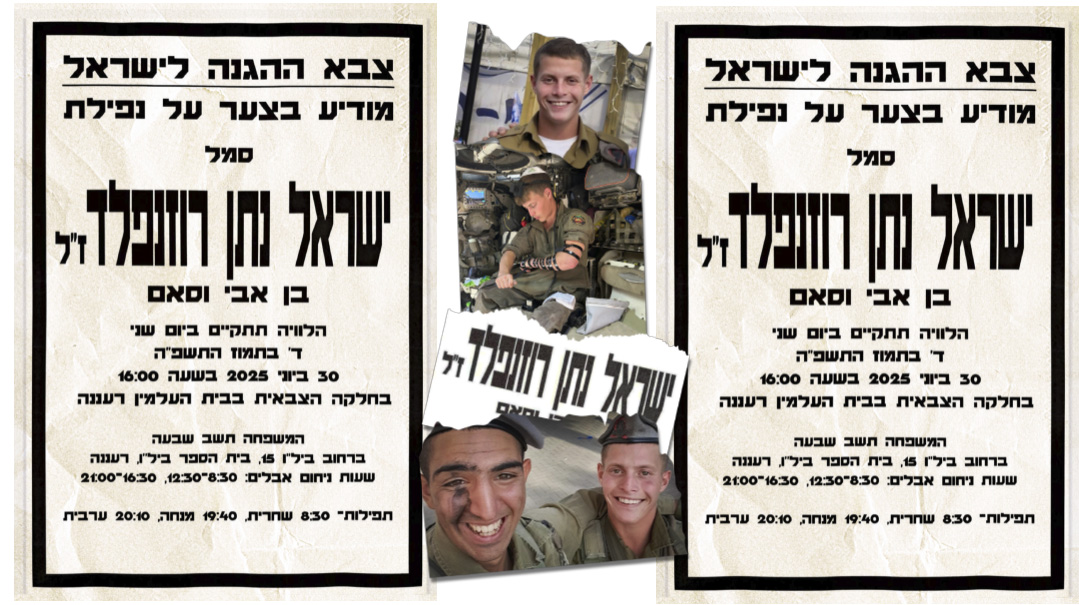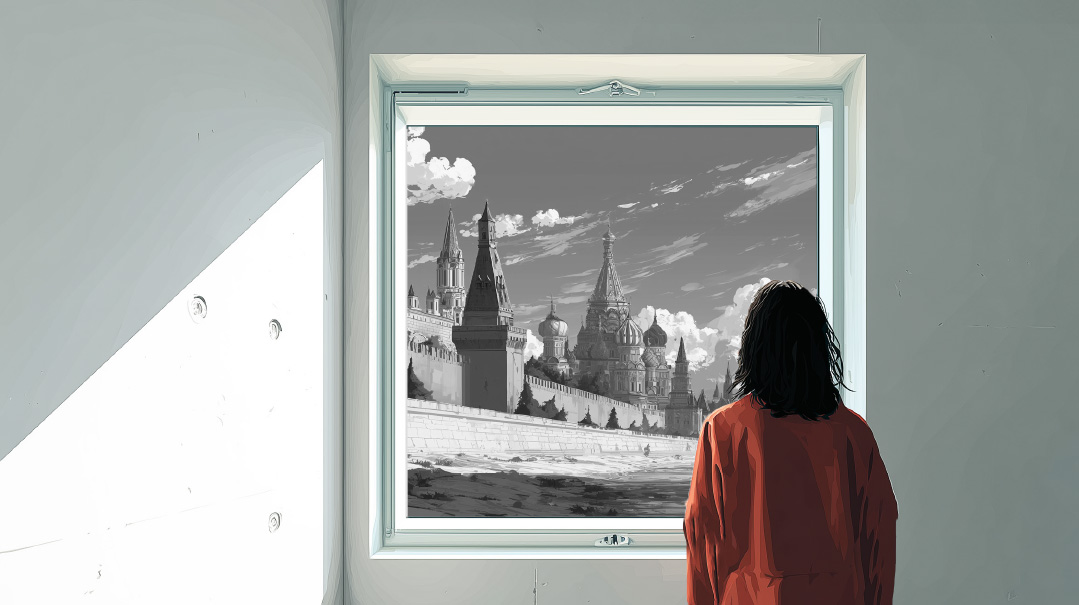The End of Innocence
| November 14, 2023“If it’s a mitzvah to build a succah,” he asks, “then why didn’t Hashem stop the wind from knocking it down?”
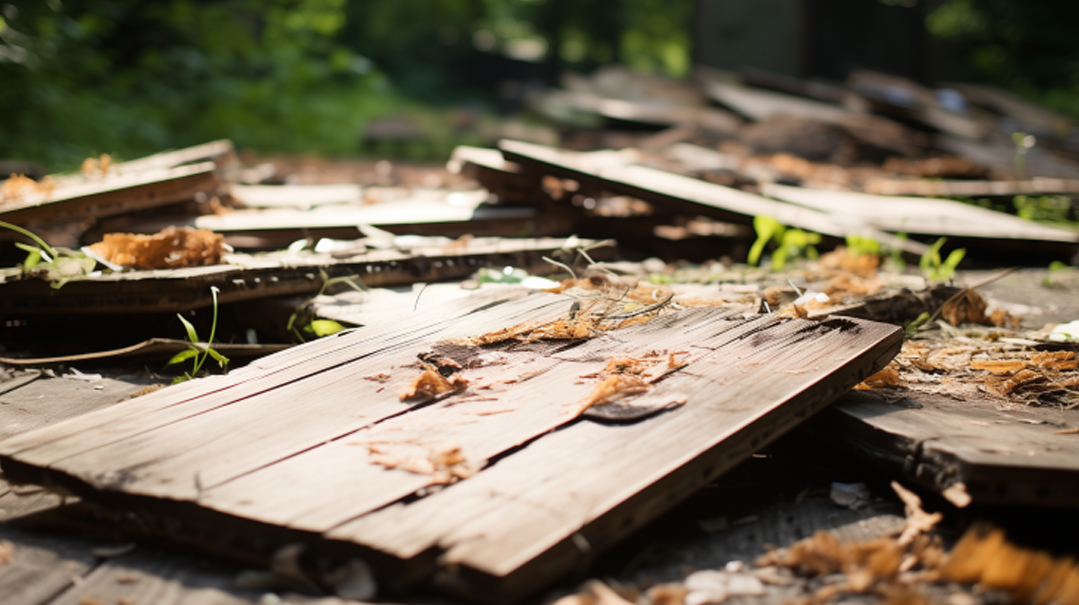
W
hen the succah falls down, I am standing inside it, holding the baby. My five-year-old (with the help of his father) had put up the frame the day before, and that morning, we had planned to finish with the beams and the sechach. But one strong gust of wind, and the succah, I kid you not, splits into two. One half lands on a nearby car; the other half staggers with the unsteady gait of a drunk.
“We’re not going to have a succah!” my son cries. I assure him that we will.
Then he turns to me. The tides in his eyes surge, swirl, seethe. “If it’s a mitzvah to build a succah,” he asks, “then why didn’t Hashem stop the wind from knocking it down?”
“That’s a great question. Let’s wait to ask Abba,” I say.
Abba comes home from shul and sizes up the damage. I hear him tell my son that sometimes Hashem gives us a chance to show Him how much we want to do a mitzvah by making it really hard to do.
I hear this with only one ear, because echoing in the other is a cacophony of questions to come. I see my son age in front of me; I see his swirling eyes at 8, 12, 15.
The questions begin with “Why” and end with:
Death.
Bad things to good people.
Illness.
The Holocaust.
Evil.
This is the beginning of the end of innocence, I think, and I feel crushed beneath the impossible weight of those flimsy, fallen succah boards.
In the end, my son (with the help of his father) rebuilds the succah, and they rebuild it so strongly that we need the whole building’s help and several power tools to finally take it down.
When the siren goes off on Simchas Torah, I am standing in our living room. We race down to the miklat once, twice, too many times to count. The police tell us to keep our children inside, so we do hakafos and Kol Hane’arim under my husband’s tallis.
The news settles over us, fog-like, after chag.
I hear of the atrocities done to my people, and I ask: If Hashem made it Simchas Torah, then why didn’t He stop it from becoming Tishah B’Av? I keep one eye on the lock on our door and on the shadows in the window; with the other eye, I read stories of Jews who, despite the chaos of war, have managed to show just how much they want to wear tzitzis, do chesed, and dance hakafos together once again.
I look in the mirror and see myself age in front of my own eyes. It feels like a millennium has elapsed since I first discovered:
That evil is not just a figment of novels and nightmares; it launches missiles in my family’s direction, takes the sibling of someone I know captive, and sends soldiers who are my relatives to the frontlines.
That good versus evil is not just a literary motif; it’s the battle my nation has been burdened with fighting since Biblical times.
That we fight this battle, by and large, alone, for the louder the world screams about morality, the less it seems to possess it. The more it fixates on the rights of the oppressed, the less it can be bothered to defend them.
That no comfortable divide, no plate of museum glass exists between me and the persecuted Jews of my history textbooks; I am living their next chapter.
That though we leave our succahs on Simchas Torah to return to our homes, this is mere illusion: We live in succahs always. There is no impermeable concrete keeping our children safe at night. As they sleep under the stars, oblivious to the darkness that seeks to seep in through the gaps between the sechach and to the wind that buffets the walls from all directions, I stand over them and I pray for Divine protection.
This is the end of life as I know it, I think.
But life goes on, in a manner that I have come to identify as the “Israeli way”: In one hand, my neighbors hold their questions, their grief, and their fear; with the other hand, they calmly guide a sponja stick and pack snacks for their children to take to gan tomorrow; and on their lips is an ever-present prayer that on the ground zero of this Simchas Torah, we will rebuild a nation so strong that no enemy, no agent of evil, will ever be able to take it down.
If I listen closely, I can even make out the words of their prayer:
Harachaman Hu yakim lanu es Succas Dovid hanofales.
(Originally featured in Family First, Issue 868)
Oops! We could not locate your form.

